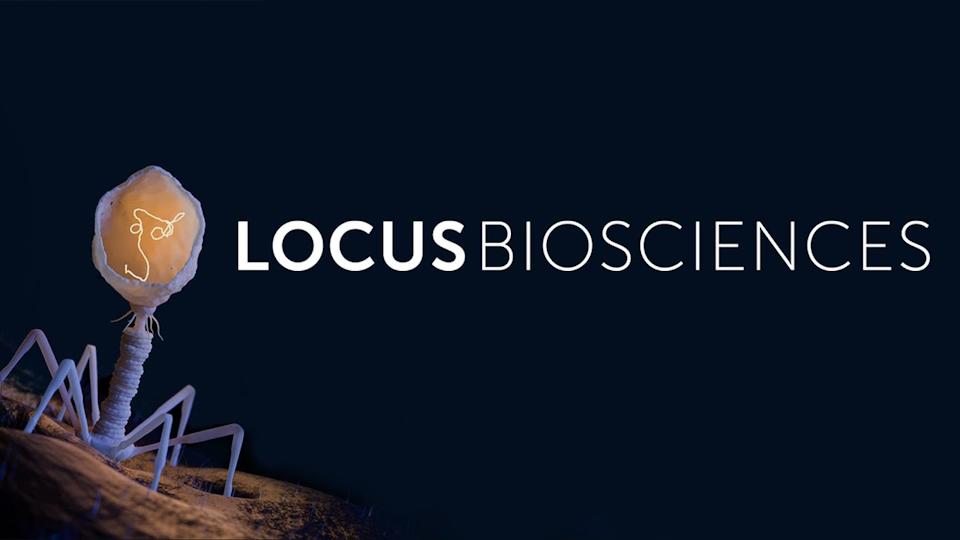BARDA backs Locus phage therapy for resistant E coli

The US government has provided almost $24 million in funding to Locus Biosciences to support a mid-stage trial of LBP-EC01, a CRISPR-engineered bacteriophage therapy in development for resistant Escherichia coli infections.
The payment is part of an $85 million award from the Biomedical Advanced Research and Development Authority (BARDA) to accelerate the development of LBP-EC01, which has already shown promise in the treatment of urinary tract infections (UTIs) caused by resistant E coli.
Bacteriophages are viruses that solely and selectively target and kill bacteria and are being proposed as an alternative to antibiotics, able to offer highly selective activity against pathogens, whilst sparing other beneficial microorganisms in the body.
LBP-EC01 is a bacteriophage ‘cocktail’ that has been modified using CRISPR/Cas3 gene-editing to improve its ability to target the E coli genome. Lab studies have demonstrated it is significantly more effective at killing the bacteria than equivalent naturally-occurring bacteriophages.
It has shown promise in a phase 1b trial, and is currently in the first stage of a phase 2 trial, called ELIMINATE, in female patients between 18-65 years of age who have UTIs caused by multi-drug resistant E coli and have a history of prior UTIs caused by the organism.
The BARDA funding will be used to LBP-EC01 into the blinded, placebo-controlled stage of the trial, which is due to read out early next year.
“Engineered bacteriophage have emerged as one of the most promising technologies for addressing the worldwide public health crisis of […] MDR bacterial infections,” according to Paul Garofolo, co-founder and chief executive of Locus.
“While multiple small-scale studies have shown promise, the field urgently needs a definitive large-scale placebo-controlled study to conclusively test the efficacy of an engineered bacteriophage therapy,” he said.
Around 150 million people are affected by UTIs each year, and it is estimated that 80% of cases are caused by E coli. Nearly 40% of patients with UTIs experience a recurrence within months of the first episode.
Both the US Centers for Disease Control and Prevention (CDC) and the World Health Organization (WHO) have identified antibiotic-resistant E coli as an urgent and serious public health threat requiring the development of new treatments.
Locus’ pipeline also includes phage-based therapies for Pseudomonas aeruginosa, Staphylococcus aureus, and Klebsiella pneumoniae infections, which are all listed as troublesome organisms with MDR strains that can evade mainstay antimicrobials.
Last year, another company developing bacteriophage therapies for resistant bacterial infections, BiomX, reported that its BX004 candidate was able to reduce bacterial burden in the lungs of patients with cystic fibrosis who experience chronic P aeruginosa infections.












